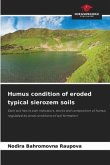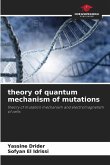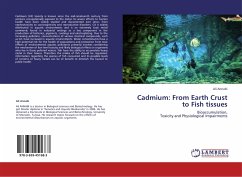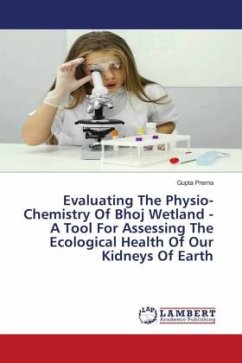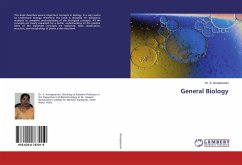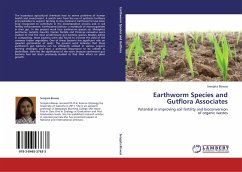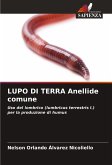The adaptability of the common earthworm from the Sector La Guamita, Cojedes state, Venezuela, used in confinement, using cow manure, chicken manure and sow manure substrates. The chemical and mechanical composition of the humus was analyzed, as well as the phytosanitary evaluation. The native earthworm was identified as Lumbricus terrestris L. for its morphological and behavioral characteristics. The conditions of temperature, humidity, feeding and density of individuals used, allowed the adaptation of the annelids to the confinement, with a good growth and development of these. A reproduction rate within the range of the species was obtained, an equitable distribution of individuals by stages and no mortality was observed in the treatments evaluated. The contents of P, K, Ca, organic matter and electrical conductivity of the humus obtained showed acceptable values, whose variation depends on the physical-chemical characteristics of the substrates. No nematodes or insect pests were detected in the humus obtained. Humus production using native earthworms proved to be feasible with a high positive environmental impact.
Bitte wählen Sie Ihr Anliegen aus.
Rechnungen
Retourenschein anfordern
Bestellstatus
Storno


